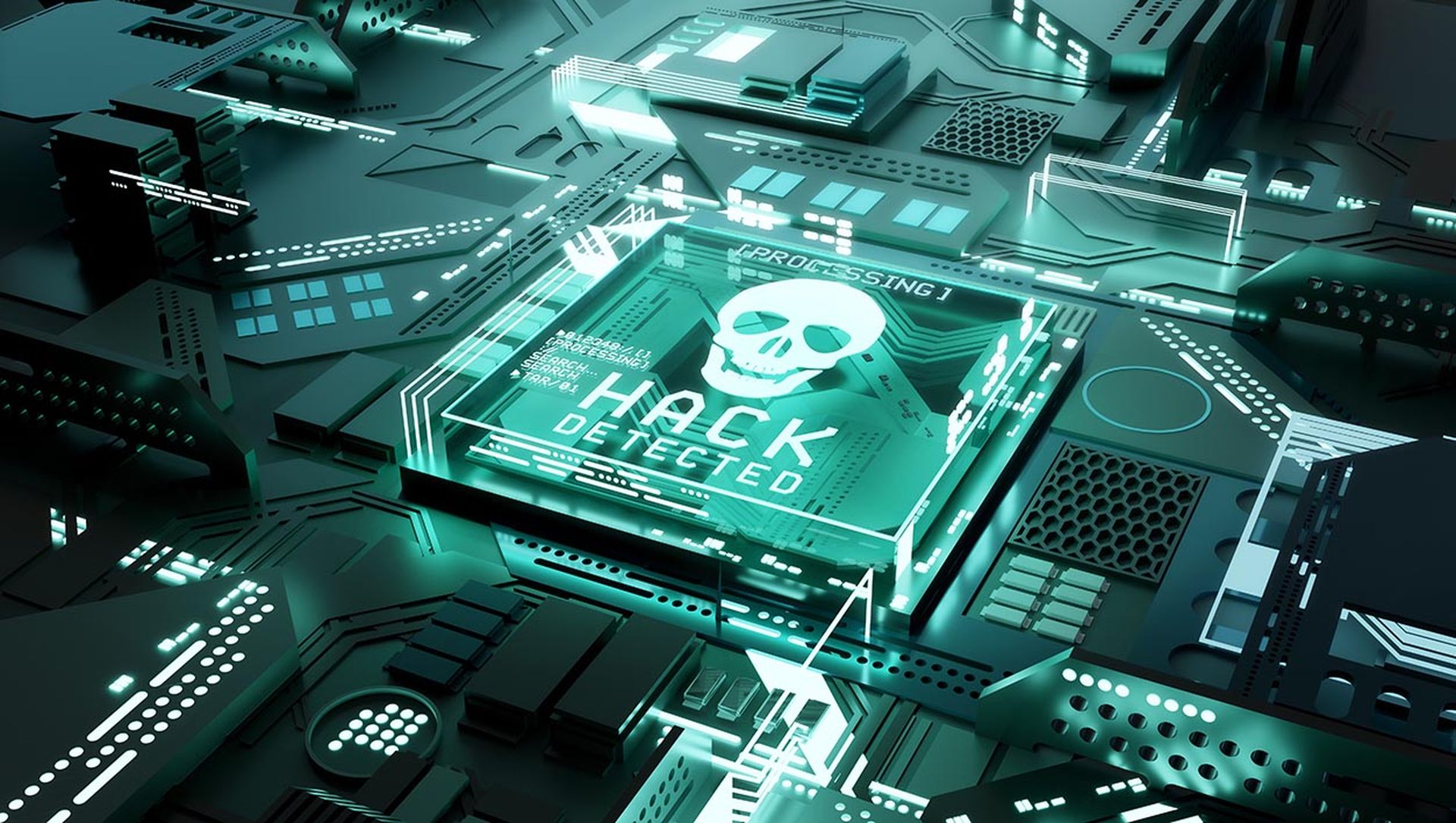Lupovis has upgraded its deception-as-a-service platform so MSSPs and security analysts can use it to "automatically identify bot traffic from malicious human threat actors, to help reduce the time they waste investigating false positives," according to the company.
Prowling for Threats
The platform now enables MSSPs and security analysts use Lupovis' Prowl Internet noise detection product to send an IP address to the company through a dedicated API, the business stated. From here, Lupovis automatically confirms if the IP address is coming from a bot or a human attacker. In addition, the API provides details about the location of an attacker and information about its tactics, techniques and procedures (TTPs).
Ultimately, Lupovis' upgraded platform "saves time, improves efficiency and means time and money is going towards security issues that matter to businesses," CEO Xavier Bellekens said.
He added that the platform ensures that MSSPs and security analysts can avoid wasting time and resources due to false positives. At the same time, the platform enables MSSPs and security analysts to protect organizations against bots, human threat actors and other threats.
A Closer Look at Lupovis and the Global Deception Technology Market
Lupovis offers deception-as-a-service technology that organizations can use to address threats both inside and outside their networks, the company indicated. This technology detects threats and provides contextual threat intelligence. It also can be deployed within 30 minutes.
Meanwhile, Lupovis does not currently offer a channel partner program but may look to develop and launch one in the future. Comparatively, many other companies are pursuing opportunities in the global deception technology market.
For example, Booz Allen Hamilton in January 2022 partnered with Acalvio Technologies to provide cyber deception technologies to commercial and government organizations. Previously, zero trust security company Zscaler in May 2021 acquired deception technology provider Smokescreen Technologies and integrated its threat intelligence and telemetry into its offering.
The global deception technology market was worth $1.8 billion in 2021 and could be worth approximately $5.8 billion by 2031, according to industry analyst Allied Market Research. As this market grows, more opportunities could become available for MSSPs to deliver deception-as-a-service and other cyber deception services to global customers.




